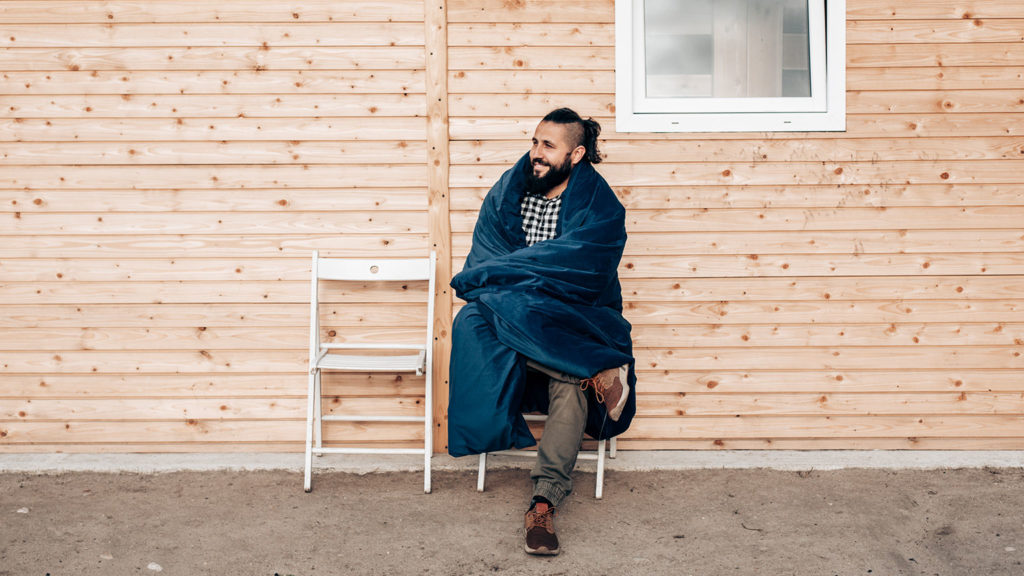
We all know that a person has five basic senses – smell, taste, touch, hearing and sight, through which we correctly receive information from the environment. However, there are other sensory systems that inform us about who we are, how we feel at the moment and what action we should take. What happens when they are disturbed? Discover these senses: proprioceptive, vestibular and interoceptive.
Offline control
proprioceptive sense
Have you ever typed on a computer or telephone keyboard without looking at it? Are you wondering how to position your body when you get out of bed? If your body is able to perform certain activities unknowingly, this is the proprioceptive sense in use. This sense informs us about the positioning of body parts, without needing to look at them. When sitting, we activate some muscles, joints, receptors in ligaments and connective tissue, but when we arise and start moving, other muscles stretch, and others contract simultaneously, with different activities of our body. It can be compared to GPS, like a kind of map of your body position.
In children with sensory development disorders, we can observe frequent tripping, spilling or bumping into furniture which is symptomatic of the proprioceptive sense working incorrectly. In turn, the more a toddler moves, interacts with people, toys, tools, the more appropriately he uses his strength in the right intensity.
Against the force of gravity
vestibular sense
In short, the vestibular sense allows us to achieve a balance between what surrounds us and our own body. It enables us to perform actions against the force of gravity, such as hanging upside down, swinging or handstands or just moving freely and effortlessly. Furthermore, in conjunction with the visual and proprioceptive system, the vestibular system helps us maintain physical balance, proper muscle tone during exercise and the correct field of vision.
Children with sensory development disorders, including vestibular disorders, experience a threat to their sense of gravitational safety, they feel a desire to constantly hug, and often live with a sense of great anxiety, school phobia, obsessions.
Sounding the alarm
interoceptive sense
Usually, we reach for a glass of water when we feel thirsty. When we feel pressure on the bladder, we go to the toilet without thinking. However, these processes do require effort, we simply are not aware of it. An interoceptive sense is responsible for them as it senses important reactions regulating such body functions as breathing, blood pressure, heart rate, thirst or the mentioned pressure in the bladder. It sends messages that can strongly affect us and trigger specific actions. Thus, we are able to independently take care of our health, physiological needs and basic body functions.
Children with sensory development disorders, including interoceptive sense disorders, have a problem with noticing cause-and-effect relationships and responding to signals from the body.
